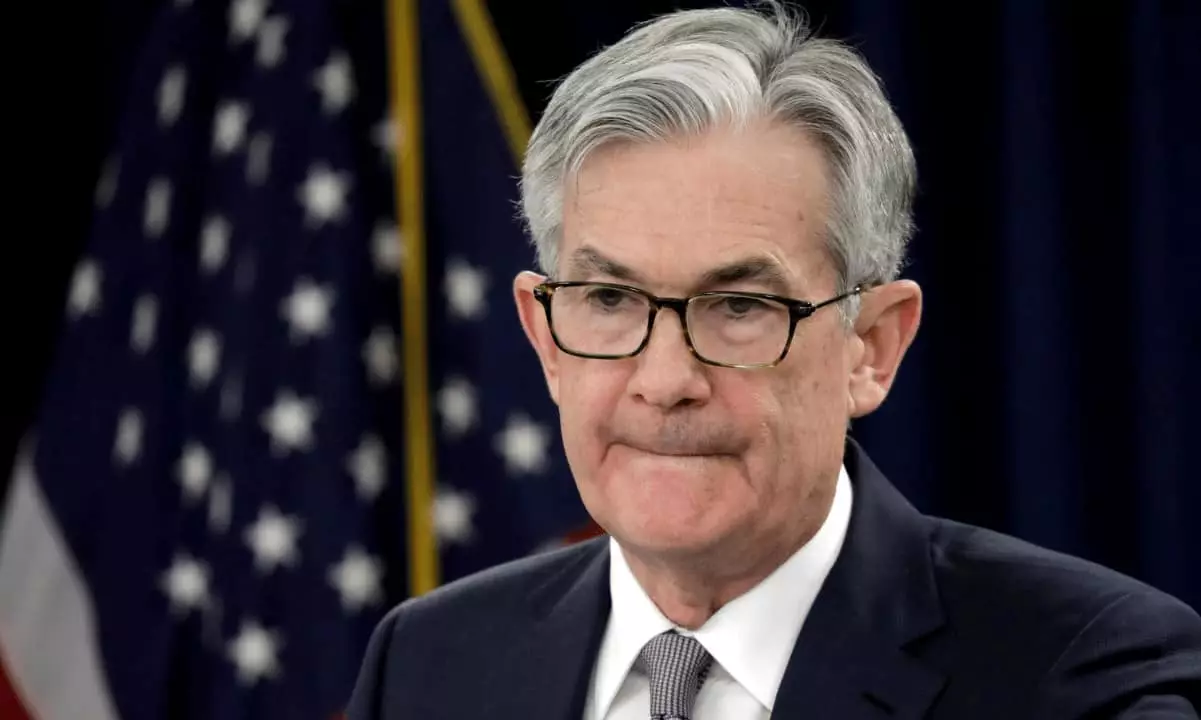Jerome Powell, the Chair of the Federal Reserve, has emphatically stated that he will not support the introduction of a Central Bank Digital Currency (CBDC) during his leadership. This decisive declaration came during a Senate Banking Committee hearing and represents a significant departure from the Federal Reserve’s earlier explorations into the potential benefits of a digital dollar. This stance underscores a broader ideological divide regarding the future of money, particularly the balance between innovation in the financial sector and the preservation of individual liberties.
During a recent inquiry by Senator Bernie Moreno, Powell was directly asked if he would ensure that the Federal Reserve would refrain from launching a CBDC while he remains in office. His affirmative answer highlights a commitment to upholding certain values surrounding privacy and financial autonomy. Powell’s remarks are particularly poignant given the current global landscape, where nations like China are advancing their own digital currencies, showcasing a trend that raises alarms about the implications of state control over personal finances.
Critics of CBDCs have intensified their scrutiny, pointing to the pervasive risks associated with government-backed digital currencies, such as erosion of privacy, potential overreach, and market volatility. Nicholas Anthony from the Cato Institute has lauded Powell’s position for its alignment with safeguarding individual freedoms against coercive oversight. The fundamental difference between decentralized cryptocurrencies, such as Bitcoin, and a regulated CBDC is stark; the latter could provide authorities an avenue to monitor transactions closely, potentially impinging on the privacy of citizens.
Powell’s declaration resonates strongly within a political climate that has seen significant opposition from Republican leaders. The pushback includes legislative efforts aimed at blocking the Federal Reserve from issuing a CBDC altogether. A notable example is Congressman’s Tom Emmer’s bill that passed in the House last year, reinforcing concerns about government involvement in digital currency. Additionally, former President Trump’s executive order banning federal agencies from endorsing or issuing a CBDC reflects a strong political will against such innovations, promoting a vision for the monetary system that prioritizes individual choice and market-driven solutions.
As international experimentation with digital currencies accelerates, the United States’ reluctance to embrace a CBDC sets it apart from many global counterparts. While other countries pursue technological advancements in digital money, the U.S. is opting for a more cautious approach, aiming to avoid the pitfalls associated with the centralized control seen in nations like China. Powell’s commitment to not pursue a CBDC is a step towards preserving the traditional financial system’s integrity, emphasizing the importance of privacy and financial sovereignty.
Powell’s clear stance against a central bank digital currency during his tenure draws a line against what many view as potential encroachments on personal freedoms. It symbolizes a protective outlook for American citizens amid a rapidly evolving global financial landscape.
















Leave a Reply